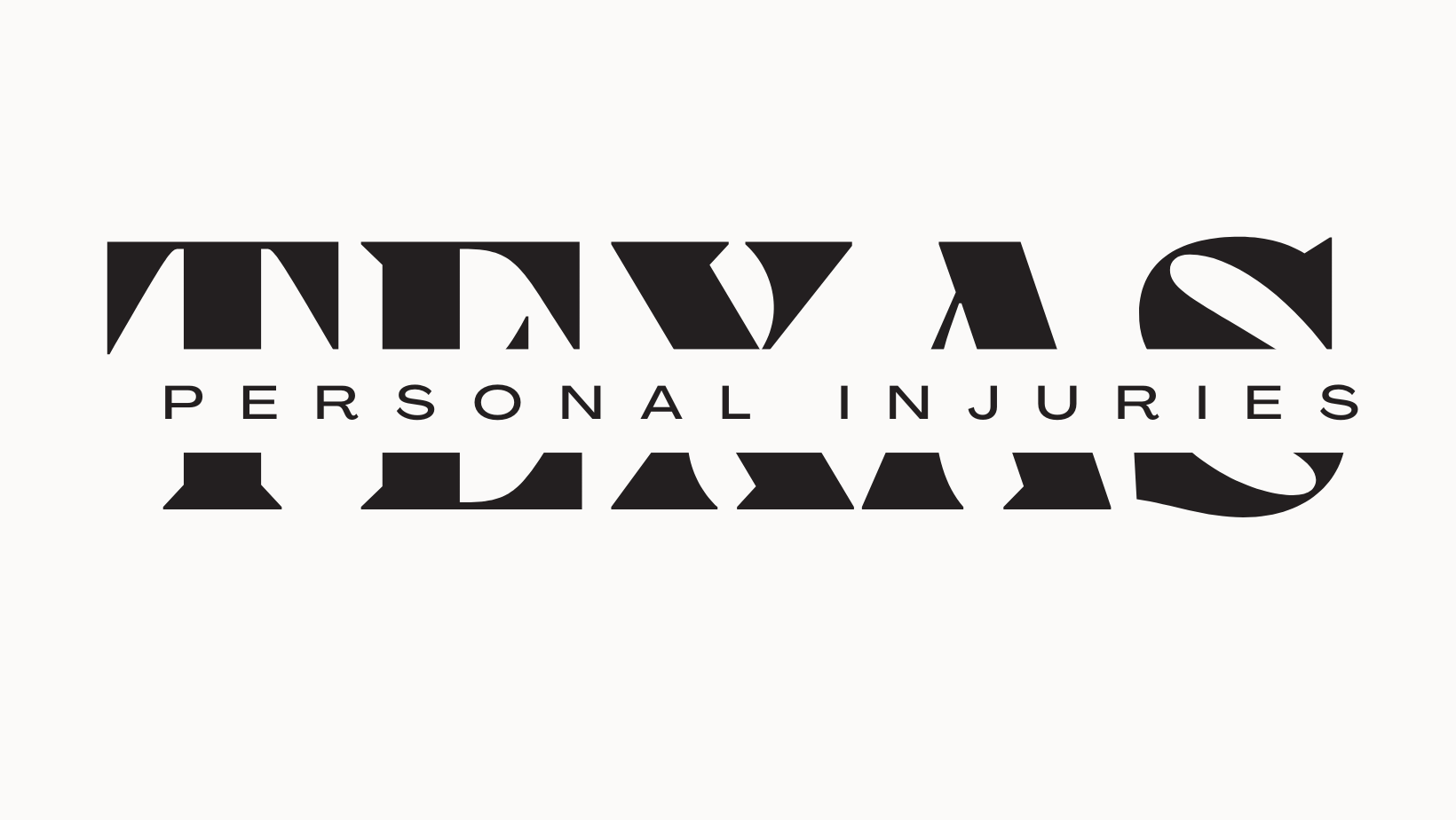Personal injury claims involve a delicate dance between the injured party and the insurance companies involved. While insurance is designed to provide financial protection and assistance in times of need, the reality is that these companies often employ various tactics to minimize payouts. In this comprehensive guide, we’ll delve into the role of insurance companies in personal injury claims, the strategies they commonly employ, and how individuals can protect their interests throughout the claims process.
Understanding the Role of Insurance Companies:
Insurance as a Business: Insurance companies, despite their marketing messages, operate as for-profit entities. Their primary goal is to maximize profits, and minimizing payouts on claims directly contributes to their financial success. This dynamic often puts them at odds with claimants seeking fair compensation.
Common Tactics Used by Insurance Companies:
Quick Settlement Offers:
- Insurance companies often aim to settle claims quickly, sometimes before the full extent of injuries and damages is known. They may offer a lump sum in exchange for a release of liability. It’s crucial for claimants to resist the temptation to accept these early offers without a thorough evaluation of their losses.
Downplaying Injuries:
- Insurance adjusters may attempt to downplay the severity of injuries to diminish the value of the claim. This underscores the importance of thorough medical documentation and expert opinions to substantiate the extent of injuries.
Seeking Recorded Statements:
- Insurance adjusters may request recorded statements from claimants. It’s essential to exercise caution during these statements, as statements made under pressure or without legal guidance can be used against the claimant.
- Insurance adjusters may request recorded statements from claimants. It’s essential to exercise caution during these statements, as statements made under pressure or without legal guidance can be used against the claimant.
Disputing Liability:
- Insurance companies may dispute or shift liability to minimize the amount they have to pay. This emphasizes the need for a solid case backed by evidence, witness testimonies, and legal representation to establish liability clearly.
Utilizing Comparative Negligence:
- If applicable, insurance companies may assert comparative negligence, arguing that the injured party shares some degree of fault. This tactic can be used to reduce the overall payout. Knowing the laws and having a strong counterargument is crucial in such situations.
How to Protect Your Interests:
Seek Legal Representation:
- Engaging an experienced personal injury attorney levels the playing field. Attorneys understand the tactics used by insurance companies and can navigate the legal complexities to ensure fair treatment.
- Engaging an experienced personal injury attorney levels the playing field. Attorneys understand the tactics used by insurance companies and can navigate the legal complexities to ensure fair treatment.
Document Everything:
- Thorough documentation is key. Keep records of all communication with the insurance company, medical bills, receipts, and any other relevant documents. This creates a comprehensive and organized case file.
Do Not Rush Settlements:
- Resist the pressure to settle quickly. Injuries may have long-term consequences, and accepting an early settlement may not account for future medical expenses or ongoing pain and suffering.
- Resist the pressure to settle quickly. Injuries may have long-term consequences, and accepting an early settlement may not account for future medical expenses or ongoing pain and suffering.
Be Cautious with Statements:
- Be cautious when providing statements to insurance adjusters. Consult with your attorney before making any recorded statements, and be mindful of the potential impact of your words on the claim.
- Be cautious when providing statements to insurance adjusters. Consult with your attorney before making any recorded statements, and be mindful of the potential impact of your words on the claim.
Know Your Rights:
- Understanding your rights and the laws governing personal injury claims in your jurisdiction is empowering. Knowledge is a valuable tool in protecting your interests.




Leave a Reply